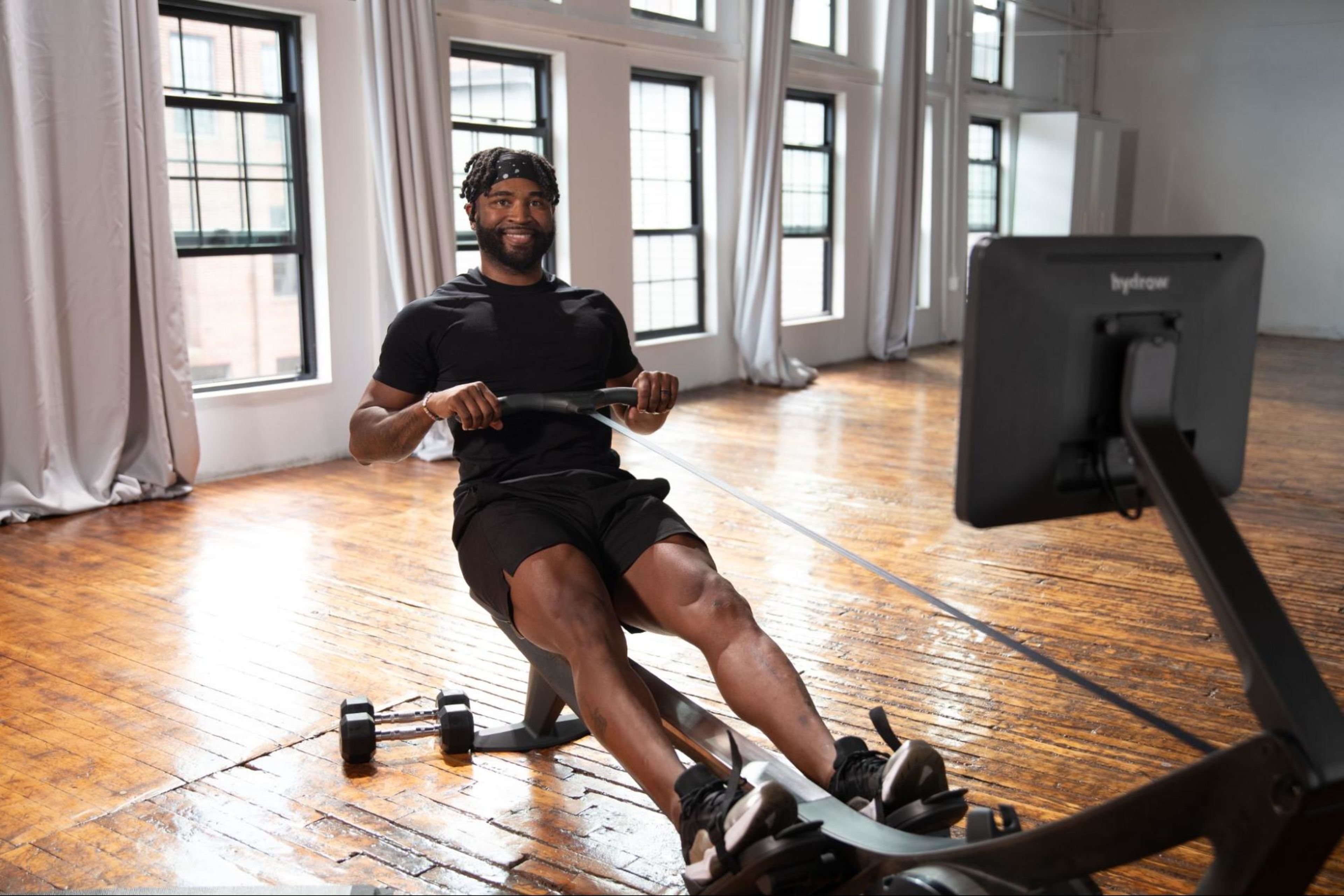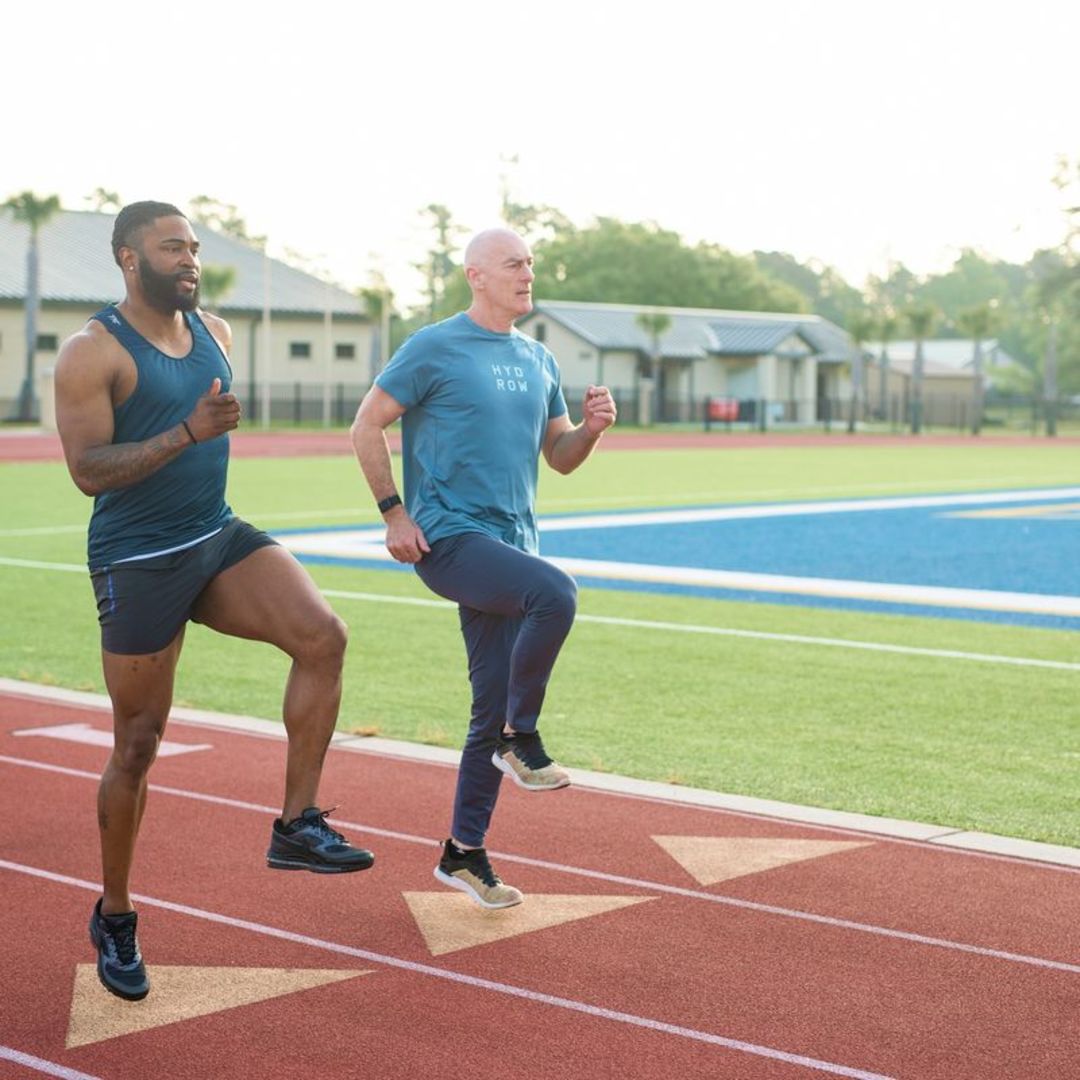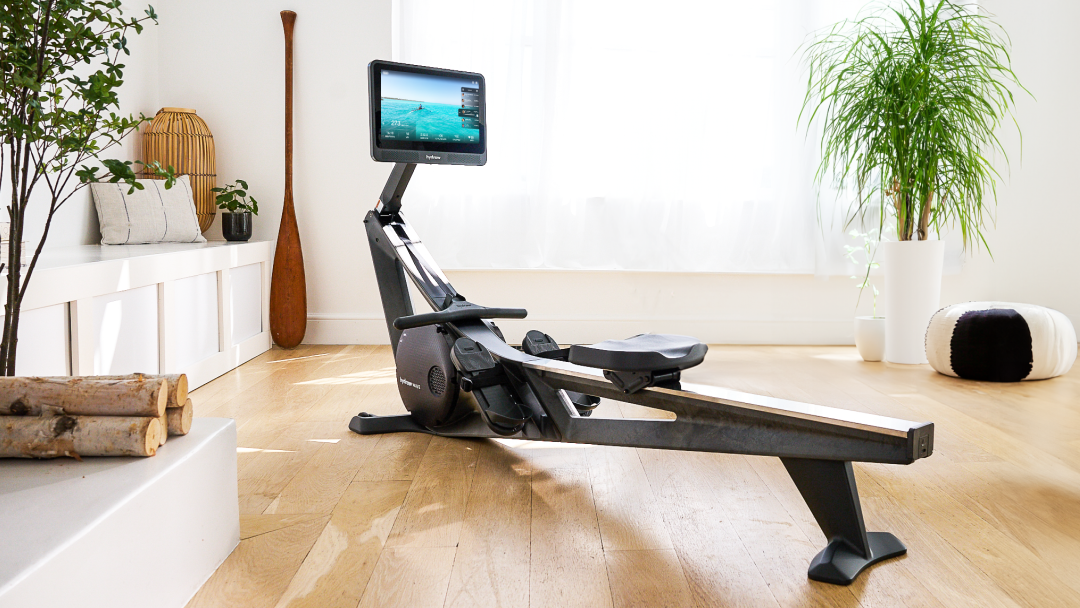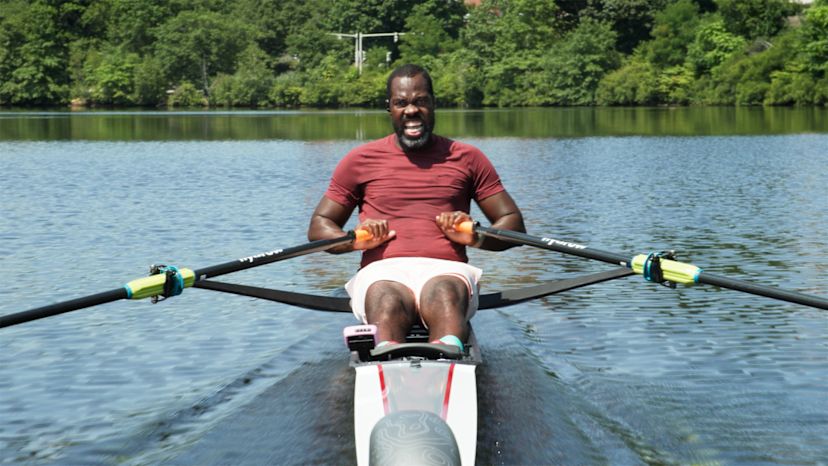Does Exercise Help Anxiety?

We all worry about something now and then. It could be an upcoming work presentation, the results of your annual physical, or your kid’s college application process. But when stress, tension, and racing thoughts become difficult to control, you might have more than the average amount of worry going on. You could have an anxiety disorder.
Around 40 million Americans over 18 (19% of the population) have an anxiety disorder, according to the Anxiety & Depression Association of America (ADAA). That makes anxiety the most common mental illness in the U.S.
Only about 37% of people with anxiety get treated, per the ADAA. There are a range of effective treatment options outside of just medication to help reduce anxiety levels. These include relaxation techniques, connecting with nature, and adopting healthy lifestyle habits like getting plenty of sleep and physical activity.
Keep reading for a look at:
Let's dive in!
Understanding anxiety
Anxiety is a mental health condition that makes it hard to control certain worries or fears. You might be more likely to have anxiety if family members have it, if you’ve been exposed to many stressful life events, or if you have certain health conditions (like an irregular heartbeat), according to the National Institute of Mental Health (NIMH).
Some typical anxiety symptoms, according to the ADAA, include:
Irritability and nervousness
A sense of impending doom
An increased heart rate
Faster breathing
Sweating
Trouble focusing or concentrating
Sleep problems
Digestion issues
Clearly, these symptoms don’t make it easy to navigate daily life, which is why it’s so important to manage anxiety levels. Treatment plans are highly individual, but may include a combination of talk therapy, medication, and stress-management techniques, including meditation and exercise, per the NIMH.
Exercise alone won’t “cure” anxiety, but it’s a valuable tool in your toolbox. Work with a trusted mental health care provider to develop the best course of treatment for you.
The science behind exercise and anxiety relief
So, how exactly does exercise help anxiety? To unpack that, it helps to understand what’s going on in your brain when you’re anxious. When you’re under extreme and/or prolonged stress, the balance of feel-good chemicals in your brain, called neurotransmitters, can get thrown off, according to the Cleveland Clinic. Lower levels of some of these chemicals are linked to anxiety and depression.
Exercise, on the other hand, is known to boost many of these same chemicals and lift your spirits. It’s long been thought that the mood-boosting benefits of physical activity can help counteract some depression, stress, and anxiety. That said, a lot of that research was conducted decades ago and/or in animal models.

Low-impact, high reward.
Build lasting strength on a rower designed to protect your joints.
The benefits of exercise for anxiety
The effects of exercising regularly can help people with anxiety in a number of ways, including:
Stress reduction
Mind-body connection
Distraction from anxious thoughts
Mood enhancement
Better sleep
Cognitive benefits
Social interaction
Let’s dig into each benefit below:
Stress reduction
Exercise affects levels of stress hormones. Initially, your body perceives your workout as a stressor—you’re working hard, after all!—but afterward, you benefit from lower levels of those chemicals and reduced stress, according to the American Psychological Association (APA).
Mind-body connection
A hard workout can actually mimic many of the symptoms of anxiety: Your heart is racing, you’re sweating, and it’s hard to catch your breath. Exercise can give you an opportunity to experience those symptoms in a safe and controlled environment, helping you naturally adapt to these bodily responses and become more prepared to cope with other experiences in everyday life. This mind-body connection can translate to less overwhelm when you experience the same symptoms in an anxious moment, per the APA.
Distraction from anxious thoughts
It might be harder to worry when you’re focused on each rowing stroke or your form during a strength-training class. Exercise has been shown to distract people from anxious thoughts as effectively as techniques like meditation and the benefits may even last longer, according to Frontiers in Psychiatry.
Mood enhancement
Some people experience a lift in their mood after just a 10-minute walk, per the ADAA. A more vigorous workout might ease anxiety (and depression, too) for hours afterward (often referred to as a “runner’s high” or our “Hydrow High”).
Plus, you might benefit from a sense of accomplishment and a self-esteem boost simply by finishing your workout for the day, according to the APA.

What’s your workout style?
Take our quiz and get a customized 14-day training program.
Better sleep
When you don’t get enough sleep, you’re more likely to feel anxious, according to the APA. But people who exercise regularly are more likely to fall asleep faster and get more deep sleep, according to Johns Hopkins Medicine. Make it a habit you stick to, and you could get better sleep and feel less anxious in the long term.
Cognitive benefits
Experts also think exercise may support better focus, memory, and attention, among other cognitive perks, according to the APA. That’s promising for people with anxiety, who may have trouble in these exact areas.
Social interaction
If you decide to exercise in a group—say, in a workout class or by meeting up with a friend for a hike outside—you’ll also benefit from social connection, which helps us manage stress, depression, and anxiety, according to the Centers for Disease Control and Prevention (CDC).
Types of exercise for anxiety relief
Aerobic exercise is a great place to start. In a BMC Health Services Research review, two-week aerobic exercise programs were more effective at easing anxiety than getting counseling or education about anxiety or taking a placebo medication.
Not sure where to start? Pick a form of exercise you enjoy that you’re more likely to stick with. Examples of aerobic exercise include:
Rowing
Cycling
Walking
Jogging or running
Swimming
Dancing
Jumping rope
Stair climbing
The BMC Health Services Research study reports that aerobic exercise is helpful in combating anxiety—and doses of high-intensity exercise are of even greater benefit. Remember, it’s always a good idea to get your doctor’s OK before starting a new exercise routine, especially a high-intensity one!)
The takeaway
Exercise, alongside other treatments like talk therapy and medication, can help you manage anxiety. It takes some dedication and commitment, but not a lot of time: For instance, Hydrow members were less stressed and happier after four weeks of at least 10-minute workouts, three times a week!
Additionally, including mind-body practices such as yoga and meditation in your fitness routine can help negate anxiety, according to Focus: The Journal of Lifelong Learning in Psychiatry. These aren’t necessarily considered primary forms of anxiety treatment, but, like exercise, they’re good tools to have in your toolbox.
Consider enlisting a friend to help keep you accountable and boost the mental health benefits of working out even more. And make sure to find a form of exercise that feels good to you. If that’s rowing, Hydrow’s rowing machines combine smooth, natural movement with advanced coaching technology that helps you train smarter and stronger. Each stroke works 86% of your muscles, delivering a full-body workout that’s low-impact and efficient.
Beyond rowing, Hydrow offers an extensive library of off-the-rower classes—including strength, mobility, yoga, and more—to help you build balanced fitness that supports your everyday life.
Explore the benefits of Hydrow’s rowing machines and workouts today.

Real strength keeps moving
Learn how working out with Hydrow can help support a fuller, more active life.







